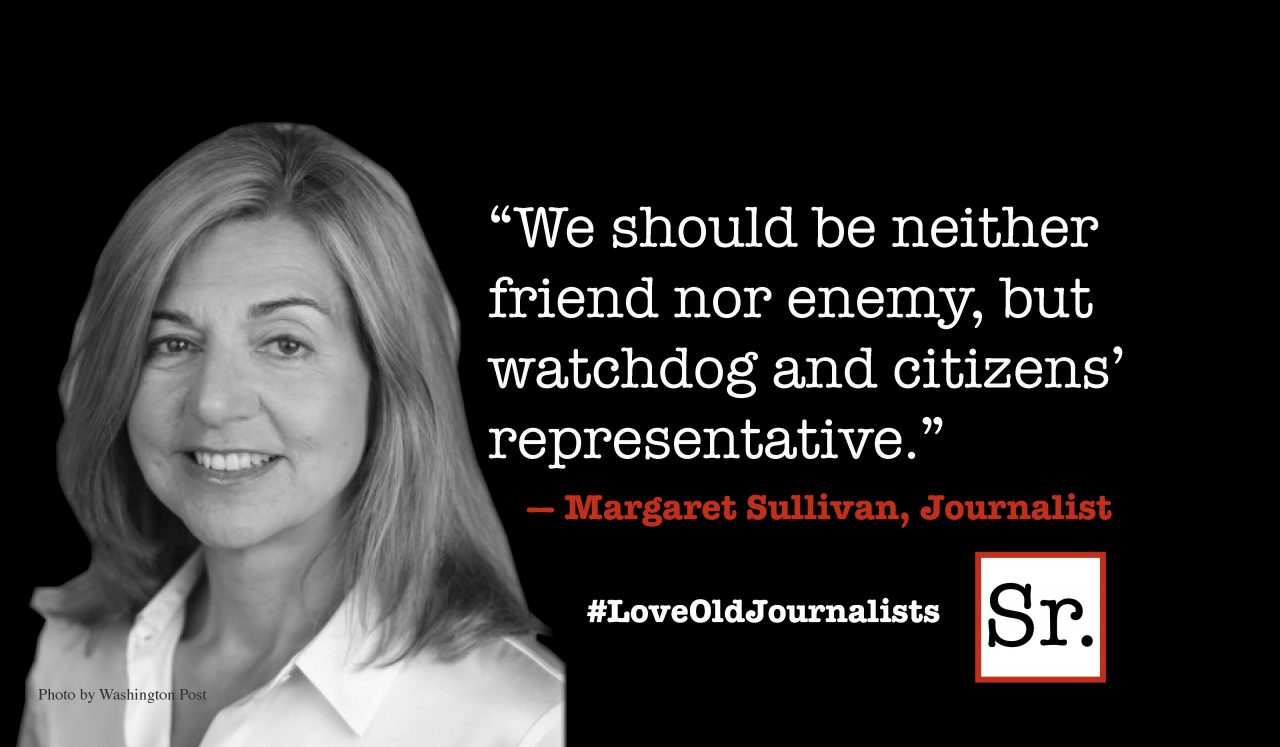Q: Our daughter and son-in-law have consented to be the guardians of our first grandchild, due in a few months. In preparation for this momentous event, we want to understand what our boundaries are. They will be living fairly close and we anticipate seeing them fairly often. When should we give advice and when should we not give advice? If we see them handling something wrongly, should we mention it to them? If they disagree with something we do, should we change our ways? Thanks for helping us out with this.
A: Your first sentence summed up exactly how my wife and I saw the role of our children in our grandchildren’s lives. The young ones were our grandchildren first, their children second. In effect, they acted “in loco grandparentis.” But in all seriousness, you obviously have a good sense of humor, which you will sometimes need, let me assure you.
As you are well aware, parenting is to great degree a trial-and-error process, and some parents make more errors along the way, and some children make for more parental error. It is difficult, therefore, for those of us who’ve gone through the struggle and emerged relatively unscathed to keep our mouths shut when we see young parents making mistakes we learned not to make (after making them). We so much want to help them not have to travel along that hard road. The problem is, they have to travel the same road in order to learn the same lessons.
The further problem is that the world of parenting has turned 180 degrees since you and I were young, first-time parents. For example, today’s parents believe paying children lots of attention is a right and proper thing. I need not remind you that there was a day when children were supposed to pay far more attention to their parents than their parents paid them . My point is that most of us Baby Boomers have a different parent-view than do our children. We understand the pitfalls of trying to be liked by one’s kids. We know that explanations lead to arguments. And so on.
Today’s parents discover all of this the hard way, if they discover it at all. And they discover it in their own time, in their own way. Until then, any attempt to teach them is going to go in one ear and out the other. Worse, when grandparents try to sow these seeds of wisdom on ground that isn’t properly prepared, the resulting harvest is likely to be bitter. Many parents and grandparents out there are barely on speaking terms as a result of conflicts over how grandchildren are being raised. You don’t want to go there.
So my recommendation to grandparents is to take whatever opportunities present themselves to help parents become the best parents they can be and raise the best kids they can raise. Be gentle and know when to back off. My personal policy has been to only give advice when it’s asked for, albeit there have been times when I’ve said “I have some experience here, so if you want some advice, I’ll be glad to share it.” I have only given unsolicited advice when I truly felt that the health, broadly defined, of the child in question was at issue.
In short, try your best to lead the horse to the water, but stop well short of trying to make it drink.
Family psychologist John Rosemond answers parents’ questions at www.rosemond.com.








